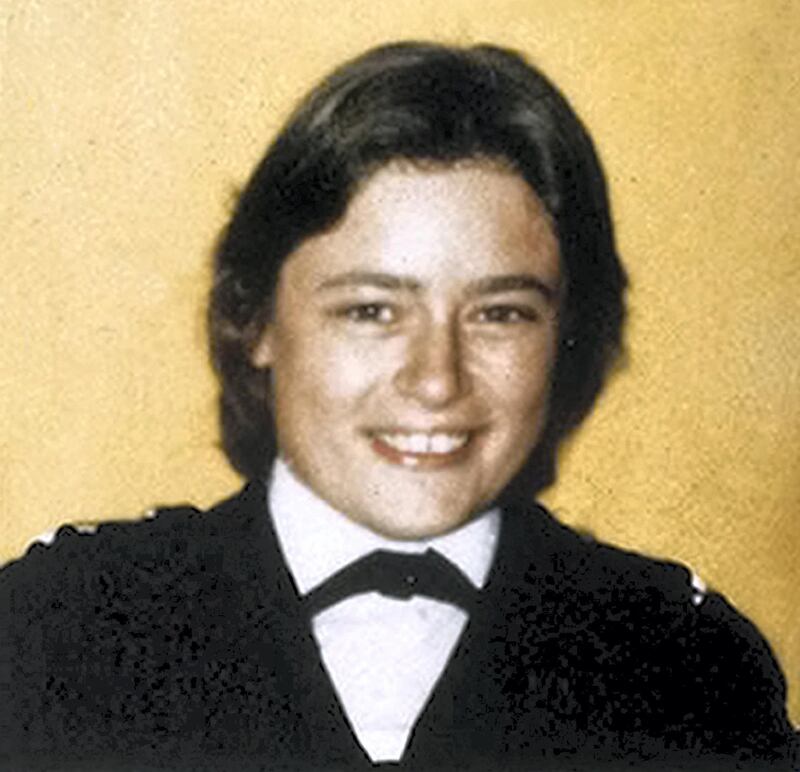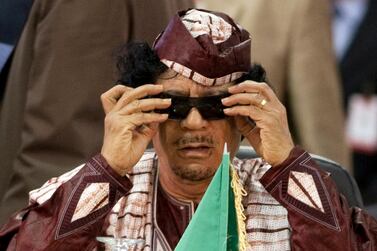The only person ever arrested in connection with the fatal shooting of a British policewoman outside London’s Libyan embassy 36 years ago has insisted he had nothing to do with it.
Saleh Mabrouk, an academic, denied responsibility for the murder in legal documents filed with the UK’s High Court, where he is being sued by the dead woman’s police partner, John Murray, for a token £1 in damages.
Mr Mabrouk said he was arrested outside the embassy three hours before the shooting in April 1984.
“Libya has admitted its responsibility but I have nothing do to with the tragedy,” he said in a signed statement.
“I ask for the claim to be struck off on the basis of lack of merit.”
Yvonne Fletcher, 25, was monitoring a protest against former leader Muammar Qaddafi by Libyan students when she was shot dead by a gun fired from inside the embassy.
Mr Mabrouk was a part of a Qaddafi loyalist group who had orchestrated the takeover of the embassy and “incited, counselled, directed and/or procured” the fatal shooting, papers filed by Mr Murray claimed.
The 30 people inside the building were allowed to leave after an 11-day siege and were expelled from the country under diplomatic protection.
Libya admitted responsibility in 1999 and agreed to pay compensation to Ms Fletcher's family.
Mr Mabrouk returned to study in the UK, where he owns a home, but was rejected for asylum in 2015, the year he was first arrested.
He was told in 2017 that the case against him was being dropped.
The next year he returned to Libya where he said he was questioned before the Libyan attorney general and “he informed me that there were no cases against me in Libya”.
“Me and my family have been harmed by Mr John Murray and the British police and I ask for moral and material compensation for the damage and harm that has been caused to my reputation as an academic.
“As for the tragedy of the murder of Yvonne Fletcher, I condemn this action and condemn the perpetrators.
"This issue was a political dispute between Libya and Britain.”
Mr Mabrouk remains in Libya and has been barred from returning to the UK.
He claims he would be unable to defend the civil case without being in Britain. The case is unlikely to be heard until 2021.
The failure to prosecute anyone for killing Ms Fletcher is still a political issue in the UK.
Prime Minister Boris Johnson said this month that he would meet an MP who urged him to reopen the criminal inquiry.
“John is taking this action because he made a promise to Yvonne that her suspected killers would be brought to justice,” said Mr Murray's lawyer, Matthew Jury.
“The state has failed to do so, so it falls to John.”
Mr Murray said he was suffering chronic post-traumatic stress disorder and depression from the shooting.








